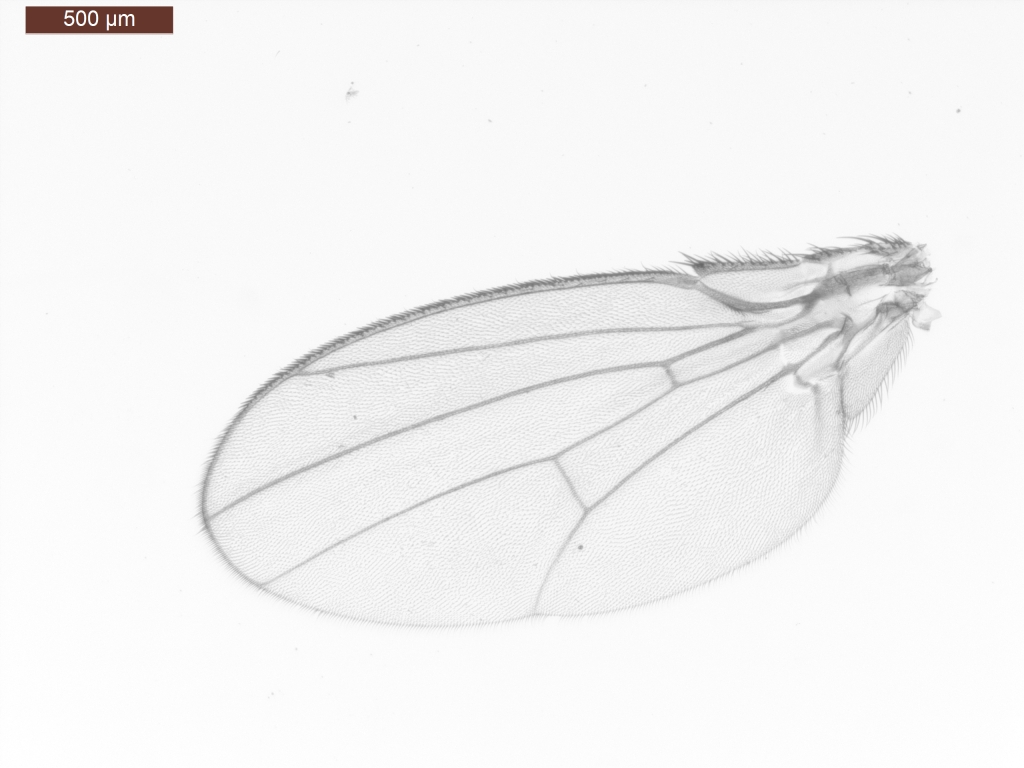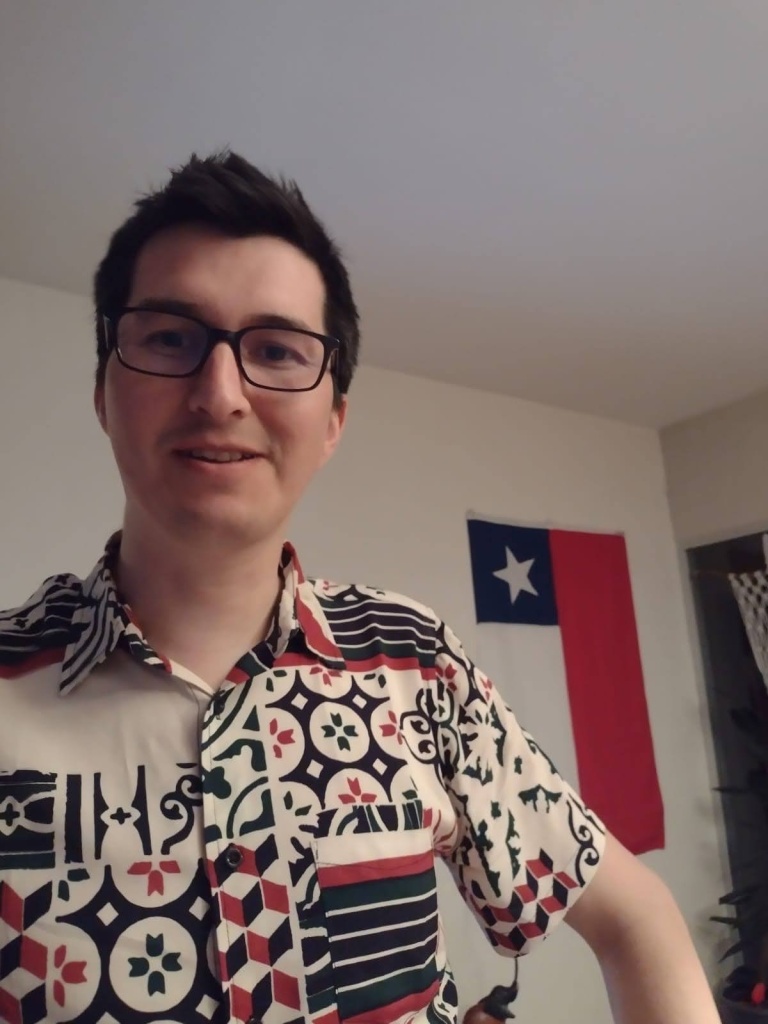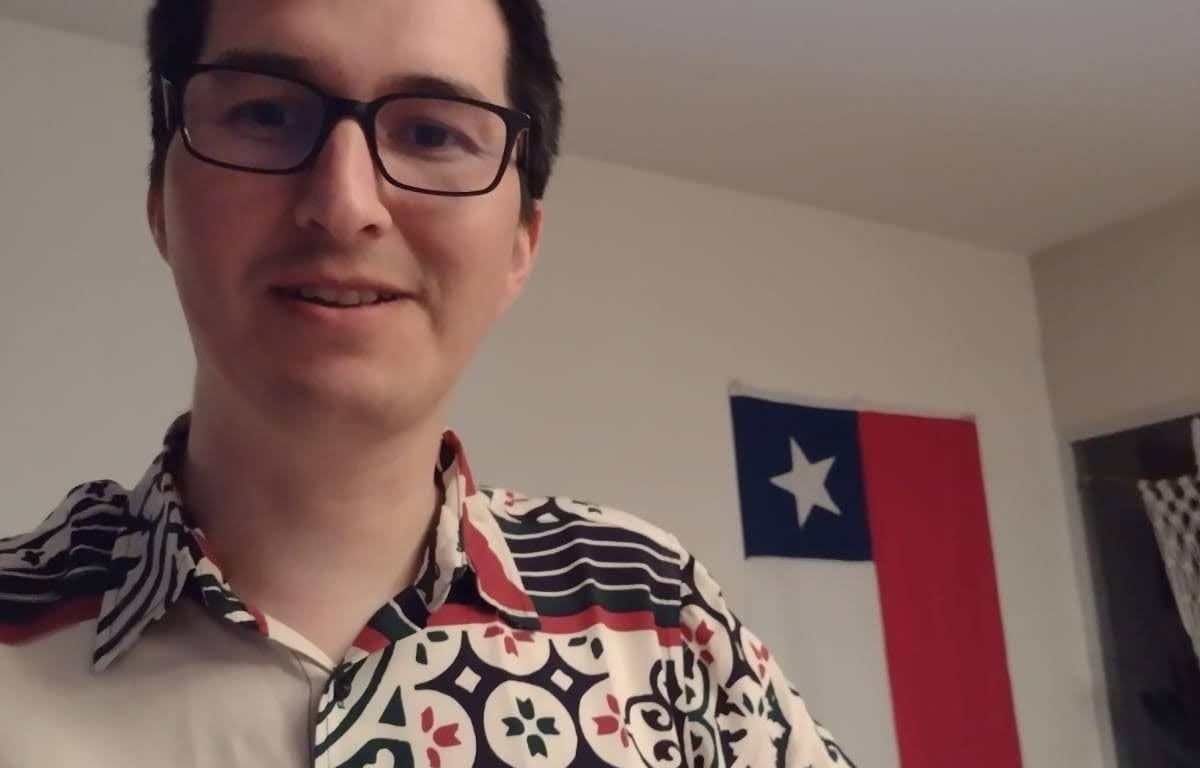In this post, Félix P. Leiva, Postdoctoral Fellow at the Alfred Wegener Institute, Germany, discusses his article “The role of cell size in shaping responses to oxygen and temperature in fruit flies“, which has been shortlisted for the Haldane Prize, Functional Ecology´s prize for Early Career Researchers.
About the paper
Our paper makes a significant contribution by unveiling that temperature and oxygen can explain responses in the body size of our model ectotherm. Additionally, it underscores the pivotal role of cell size in modulating these responses. We conducted a laboratory experiment using inbred lines of the fruit fly Drosophila melanogaster with varying cell sizes. We found body size was mainly explained by changes in cell size rather than cell number. In addition, this coupling is more pronounced under limited oxygen conditions, supporting the idea that the capacity for oxygen uptake is causally connected to organismal growth and the resulting body size. Our results demonstrate that thermal responses in body size are intensified under conditions of limited oxygen and in line with larger cell sizes. It suggests that the benefits of diffusive oxygen uptake, owing to higher surface-to-volume ratios in smaller cells, contribute to explaining the body size responses in this species.

The size of an animal is intricately linked to crucial functional traits. Ectotherms tend to reach maturity with smaller body sizes in warmer conditions and when oxygen is scarce (hypoxia). Approximately 99% of species worldwide are ectotherms, and their functioning is directly influenced by ambient temperature. Even though warming and low oxygen levels prompt ectotherms to reduce their body size, the fundamental cause of this phenomenon remains elusive. Unravelling the factors behind this occurrence is crucial, given the significant links between body size and key functional traits such as fecundity, mortality, and growth. The specific role of cellular responses in adapting to warming and hypoxia is not well understood, especially concerning alterations in cell size and number, which jointly determine the size of an animal.
At times, the process of collecting data posed challenges. Initially, my experiments were designed to span multiple generations; however, these plans had to be modified due to the restrictions imposed by the pandemic.
One of the things that pleasantly surprised me was that the predictions we made based on the theory of optimal cell size aligned with our results, and were even tighter under conditions where oxygen limitation was more prevalent. I believe that gradually, the importance of cell size in aspects related to the supply and demand of resources for sustaining organismal functions is becoming more relevant. Recently for example, in Functional Ecology, we took another stride to better understand the importance of cell size, particularly concerning the heat tolerance of flies exposed to thermal and oxygen challenges.

About the author
My journey as scientist began during my undergraduate studies in 2005 in Chile. My fascination with the field of animal ecophysiology was ignited through my undergraduate thesis work. Specifically, I conducted physiological investigations on crustaceans, focusing on the model species Neotrypaea uncinata. This ghost shrimp inhabits intertidal burrows where low oxygen levels are common during low tide. I was intrigued to know how this animal was capable of overcoming such conditions during the tidal cycle. After completing my undergraduate studies, I embarked on a journey as a research assistant at Centro i~mar, University of Los Lagos, Chile. During this period, I studied the population dynamics of commercially important fishes. After several years working in this place, I applied for a PhD position to work together with Wilco Verberk at Radboud University, the Netherlands. During my Doctorate, I underwent extensive training as an ecophysiologist, emphasising comparative statistical methods. I learned about laboratory-based research on fruit flies, a new model organism for me, which I used to study the mechanisms underpinning thermal responses in ectotherms.

My current postdoctoral project is a follow-up to my previous research. Since January 2023, I have been funded via an Alexander von Humboldt Fellowship at the Alfred Wegener Institute in Germany to create a database on energy metabolism spanning diverse habitats and climate zones, encompassing organisms from the deepest oceans to the highest mountains. This unprecedented database, MetaR, will serve as a baseline to answer diverse questions related to, but not limited to, unravelling the evolutionary role of cell size in the metabolism of ectotherms.
There have absolutely been barriers to progressing in my scientific career, yet I take pride in overcoming them. My childhood was characterized by scarcity of economic resources and opportunities. Just to contextualize, electricity was only introduced to our home when I was around 12 years old. Neither of my parents attended secondary school, nor did they have the opportunity to complete primary education. For them, as for most of the people residing in rural areas of Southern Chile decades ago, education was not a priority; eating was a priority. I began working as a fisherman alongside my siblings at the age of 14 to help support my family and finance both my high school and university education. Another barrier that I believe I haven’t yet overcome is the language barrier. Later on, after moving from Huatral, a small village of artisanal fishermen, to the Netherlands to start my doctorate, the language barrier has always diminished, although increasingly less, my performance as a scientist.
Outside of my research, my family and I enjoy traveling. My eldest son and I maintain a routine of practicing soccer together. While I currently manage to win some matches against him, I’m not entirely sure if the outcome will be the same in a couple more years.
In my view, the value of advice can vary depending on each individual’s circumstances. Personally, I’m not someone who frequently seeks or adheres to advice. Nonetheless, there’s one piece of advice that has always stuck with me, possibly because my father used to repeat it: “If you’re going to do something in life, do it well; if not, don’t do it.
